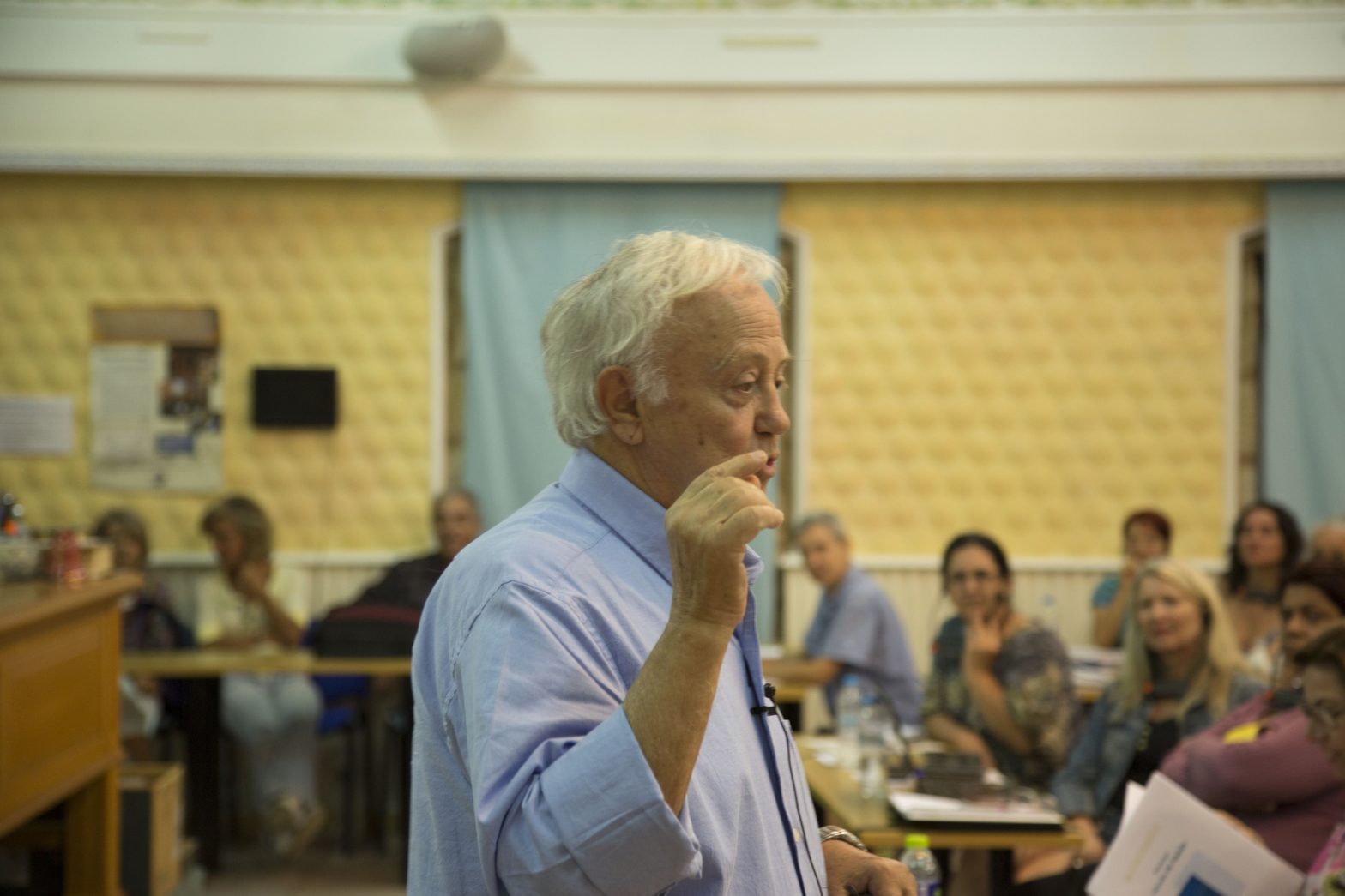The Controversy Over the “Memory of Water”
George Vithoulkas
Med Sci Hypotheses 2017; 4:1-6
DOI: 10.12659/MSH.901167
ABSTRACT: For a very long time, the idea of the “memory of water” tantalized not only the homeopathic community, but also serious scientists and researchers like Luc Antoine Montagnier, a recipient of the Nobel Prize.
This misconception originated from an experiment conducted by the famous allergologist, Dr. Jacques Benveniste. He claimed to have shown in an in vitro experiment that highly dilute potencies of bee poison (apis mellifica), even beyond the Avogadro number, are capable of producing structural changes in living organisms in the same way that the real poison from the bee can bring these changes about, being the actual degranulation of basophils. His paper was published in Nature under an obligation to prove his findings in front of a scientific committee in his own laboratory. Benveniste could not reproduce the results that his team was claiming.
When a similar experiment was repeated by a different group of scientists and filmed by the BBC, it also failed.
While it was obvious that the experiment was proved to be false, the scientific community concluded, by an extension of logic, that since the experiment was false, therefore homeopathy must also be a false system of therapy.
Despite the fact that the experiment was repeatedly invalidated, some scientists, especially in the homeopathic community, continued to believe that Benveniste’s findings were true.
In this way, the scientific community remains in confusion as to whether: a) water has memory, or b) homeopathy is or is not a valid system of therapy.
Since I have been an eye-witness of these events from their very beginnings, I am giving an account of the real story for both the homeopathic community and the sceptics.
